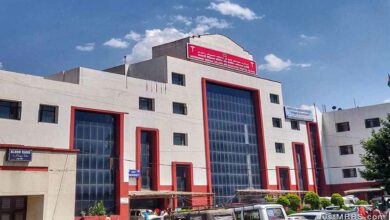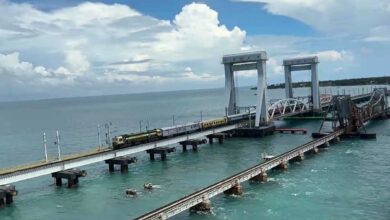Karkardooma Court grants interim bail to Umar Khalid to attend his cousin’s wedding
Former JNU student leader Umar Khalid has been given temporary release so he may go to his cousin’s wedding festivities. The seven-day bail was granted by the Karkardooma court for this reason.
Khalid is now being held in court as part of a broader conspiracy prosecution involving the riots in North East Delhi in 2020. He was granted temporary release by the court between December 28 and January 3.

In a UAPA case involving the purportedly bigger plot behind the communal riots in Delhi in February 2020, the Delhi High Court is now considering the regular bail pleas of activist Sharjeel Imam and former JNU student Umar Khalid.
On September 14, 2020, Khalid was taken into custody by the Delhi Police Special Cell under the UAPA for allegedly being involved in the crime.
“The High Court examined the case against the applicant and determined that the allegations against the applicant are prima facie true, and that the embargo created by Section 43D(5) of UAPA squarely applies against the applicant,” the trial court had previously said in dismissing his bail petition. Therefore, bail is not warranted for the petitioner. In the ruling issued on May 28, 2024, the special judge said, “It is evident that the Hon’ble High Court has carefully examined the applicant’s role and denied the relief he requested.”
The court also said that the ruling of this court dated March 24, 2022, has reached finality since the applicant withdrew his case before the Supreme Court after the High Court had already rejected his criminal appeal on October 18, 2022. Consequently, the court is unable to reconsider the case’s facts or provide the petitioner with the remedy that they have asked for.
Umar Khalid, who is charged in the UAPA case pertaining to the broader plot behind the 2020 Delhi riots, submitted the second ordinary bail plea, which the trial court was considering.
Khalid has been detained since his arrest in September 2020. In accordance with Section 43D(5) of the Unlawful Activities (Prevention) Act of 1967 and Section 437 of the Code of Criminal Procedure of 1973, he requested regular bail.





